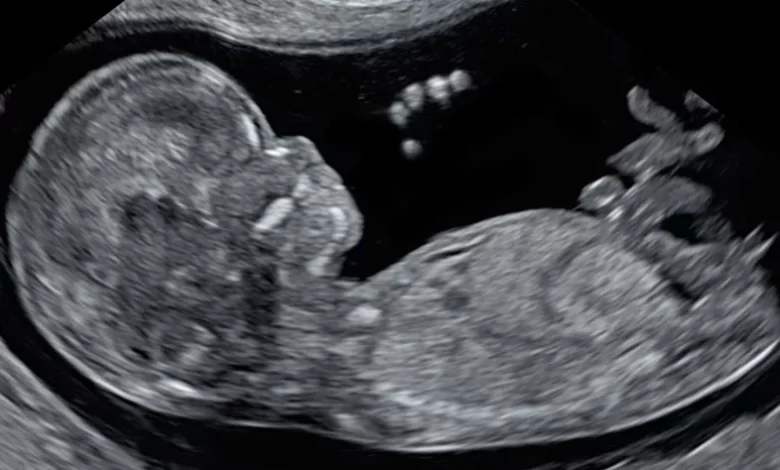The Importance of Prenatal Scans



Pregnancy is a miraculous and complex journey, marked by the profound transformation of a woman’s body to nurture and protect a developing life. In this intricate process, prenatal care plays a pivotal role in ensuring the health and well-being of both the mother and the unborn child. Among the various components of prenatal care, prenatal scans emerge as indispensable tools, offering valuable insights into the baby’s growth and development within the womb. This article delves into the importance of prenatal scans and the crucial role they play in safeguarding the health of both mother and child.
Early Detection of Potential Complications
Prenatal scans and a non invasive prenatal test, typically performed during the first trimester, provide healthcare professionals with a comprehensive view of the developing fetus. This early glimpse allows for the detection of potential complications that might jeopardize the pregnancy. Conditions such as ectopic pregnancies, where the fertilized egg implants outside the uterus, can be identified through scans, enabling timely intervention to safeguard the mother’s health.
Tracking Fetal Development
As the pregnancy progresses, prenatal scans become instrumental in tracking the baby’s growth and development. Regular scans allow healthcare providers to monitor the size of the fetus, assess the development of vital organs, and identify any anomalies or abnormalities. This information aids in formulating appropriate medical interventions or lifestyle adjustments to ensure optimal fetal development.
Confirmation of Fetal Well-being
Prenatal scans offer expectant parents the reassurance of their baby’s well-being. The ability to visualize the baby’s movements, heartbeat, and overall health provides a sense of comfort and connection. It also serves as a powerful tool for dispelling anxiety and fostering a positive emotional experience during pregnancy.
Diagnosing Genetic Abnormalities
One of the critical functions of prenatal scans is the detection of genetic abnormalities. Advanced imaging technologies, such as ultrasound and genetic testing, allow healthcare professionals to assess the baby’s genetic makeup and identify conditions such as Down syndrome or neural tube defects. Early diagnosis empowers parents with the knowledge to make informed decisions about their child’s future and prepares healthcare providers for potential medical interventions post-birth.
Facilitating Medical Interventions
In cases where prenatal scans reveal potential health concerns, they serve as a roadmap for medical interventions. These interventions can include surgeries, medications, or lifestyle modifications aimed at addressing or mitigating identified issues. Prenatal scans enable healthcare professionals to plan and execute timely interventions, increasing the likelihood of a positive outcome for both mother and baby.
Bonding Experience for Parents
Beyond the clinical benefits, prenatal scans also offer a unique bonding experience for expectant parents. Witnessing the image of their unborn child on the screen, hearing the heartbeat, and observing their movement create a tangible connection between parents and the developing life within the womb. This emotional connection creates a sense of responsibility and enhances the overall experience of pregnancy.
In the realm of prenatal care, scans emerge as invaluable tools, offering a window into the intricate journey of pregnancy. From early detection of potential complications to tracking fetal development, diagnosing genetic abnormalities, and facilitating medical interventions, prenatal scans play a multifaceted role in ensuring the health and well-being of both mother and child. As technology continues to advance, the importance of these scans in promoting healthy pregnancies and fostering positive prenatal experiences cannot be overstated. Embracing the insights provided by prenatal scans isn’t just a medical necessity but a celebration of life in its earliest, most delicate form.



